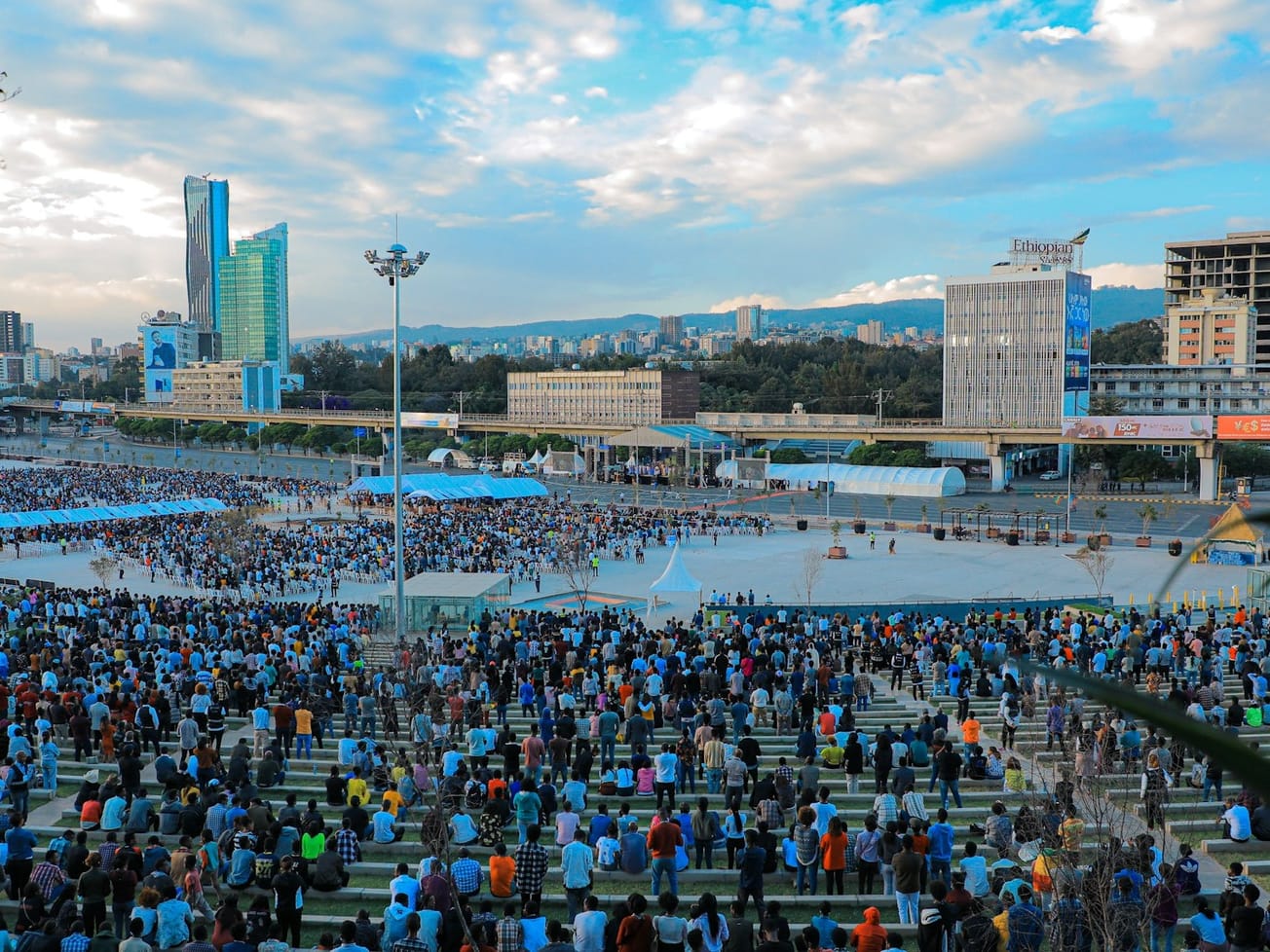A panel of independent experts urged all sides to respect human rights and defuse the violence in Ethiopia's conflict-ridden Amhara region.
Authorities and militia fighters must de-escalate tensions and "prioritize processes" for peacefully resolving their differences, the International Commission of Human Rights Experts on Ethiopia said on Thursday.









